|
As the the holidays approach, when you begin to spend time with your friends and family, it becomes even more evident how pertinent your parents were or weren't in your development. One by one my friends are moving in together, getting puppies, getting married, having kids, buying houses and cars, in no particular order. The real question becomes what type of parent will you be?
Are you going to follow in your parents footsteps? Or do just the opposite? Sigmund Freud spent his life studying or psychoanalyzing human development as a result of early childhood events and parental relationships. As a result Freudian theories believe that adult psychological problems stem from unresolved conflicts phased in adolescence. But are your parents to blame? Today the world is much more conscientious and subconsciously aware of parenting philosophy, techniques, and processes. Whether it is no spanking or no peanut butter, there are a million different factors. Parenting is one convoluted mix of science, tradition, desire, and what one can only hope is common sense. So whether or not you decide to breast feed or eat the placenta, parents lifelong fear is hurting or loosing their child. Since the dawning of humanity parents have had to care for their children to ensure survival, where one misstep could be catastrophic. One can only imagine what Mother Mary felt watching her own son Jesus die. Which is no surprise that inventions like the Owlet and Exmobaby have hit the market, so that a parent can monitor their baby's vital signs, directed from their iPhones. Sure it may seem a bit overkill since baby fatality rates are at a all time low, plus parents could rely to heavily on the device and misinterpret the information. Obviously this is is a given, where the manufacturers actually have to stipulate this is "not" a medical device. But aside from misinterpretation and malfunctions, helicopter parenting has gone to a new realm, a virtual one. While these devices might make some sense, is the next step microchips? The recent hoax was that all European babies born would have a microchip inserted into them, but this actually isn't the far off truth for China where on Alibab alone there are hundreds of necklaces and watched to strap to your kid. Either way, at least these parents can sleep well at night knowing their child is safe. But are they, what are the physical and mental consequences of microchips? Will parent rely to heavily on them to not parent at all or will they simply create even more hyper-helecopter parents where their kids can hardly breath without it being tracked. Before considering a bookbag-leash or microchip for your kid, consider Freud's psychoanalysis. Successful parenting is a bit of trial and error by both parties, and nobody get's it right NO ONE. But so long as making a heartfelt effort, allowing your kids to make and learn from their mistakes, you'll see the fruitage of your hard work. Also don't forget about you, parents need to take of themselves and each other so they can continue to give. "Our mothers always remain the strangest, craziest people we've ever met.” Marguerite Duras
0 Comments
Leave a Reply. |
LAJ
100 Objects of Popular and Material Culture is an blog exploring the manifestations of human consumption and commodity-ization. The purpose of this experiment is to explore material and popular culture in contemporary society by using objects and concepts to prompt wider questions and reflections. So by emulating The British Museum's and Neil MacGregor's format of A History of the World in 100 Objects I plan to satirically analyze and reinterpreted 100 material culture objects over the course of 2014. Material Culture is the study of our culture's consumption of stuff; namely the manifestation of culture through material productions where people's perceptions of objects is socially and culturally dependent. With this, objects reflect conscious and unconscious beliefs on the the individuals who fabricated, purchased, or used them, and by extension the society where they live. So examining materiality, cultural truths and societal assumptions may be discovered. As anthropologist Arjun Appaduai states "in any society the individual is often caught between the cultural structure of commodity-ization and his own personal attempts to bring a value and order to the universe of things." Objects and commodities make up a much larger symbolic system consisting of want and need, socio-economic status, fashion, etc. Often times form follows function whether the commodity, market, and or consumer forever evolve around one-another. Philosopher Pierre Bourdieu's theories of capital flow full circle; where regardless if you are a minimalist or a hoarder the world is made up of things and everyone will leave their footprint on the earth. So by humorously analyzing marketed objects and concepts, hopefully this blog will provide further incite into ideas of over-consumption, a disposable society, consumerism vs. anti-consumers, planned obsolescence vs. sustainability, as well as the greater good of mankind and future generations. Archives
March 2015
Categories |
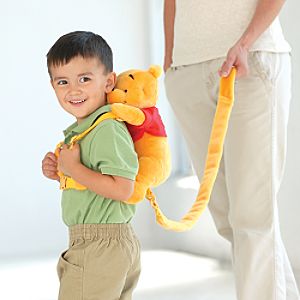
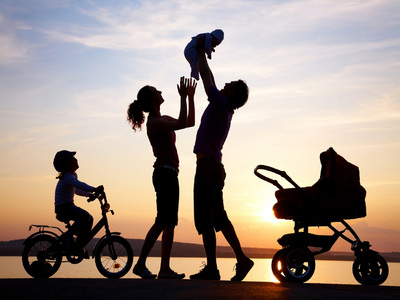
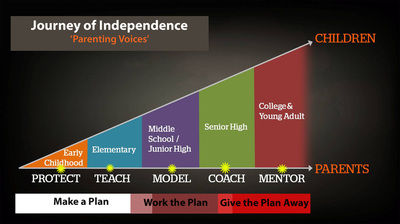
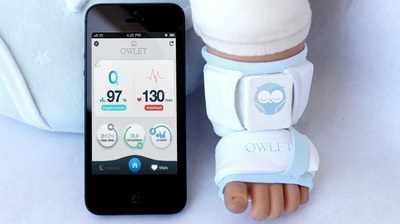
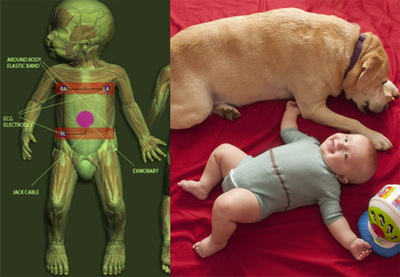
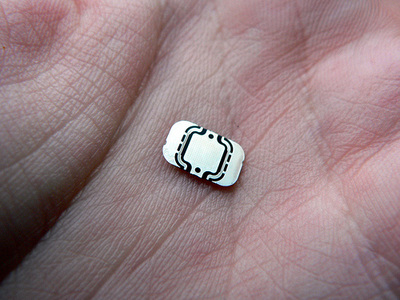
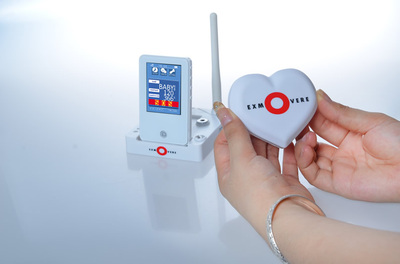
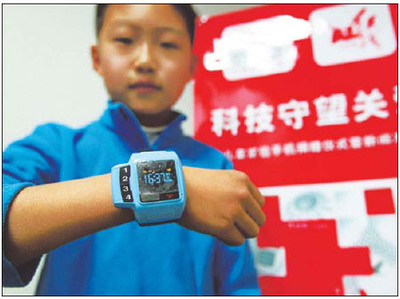
 RSS Feed
RSS Feed